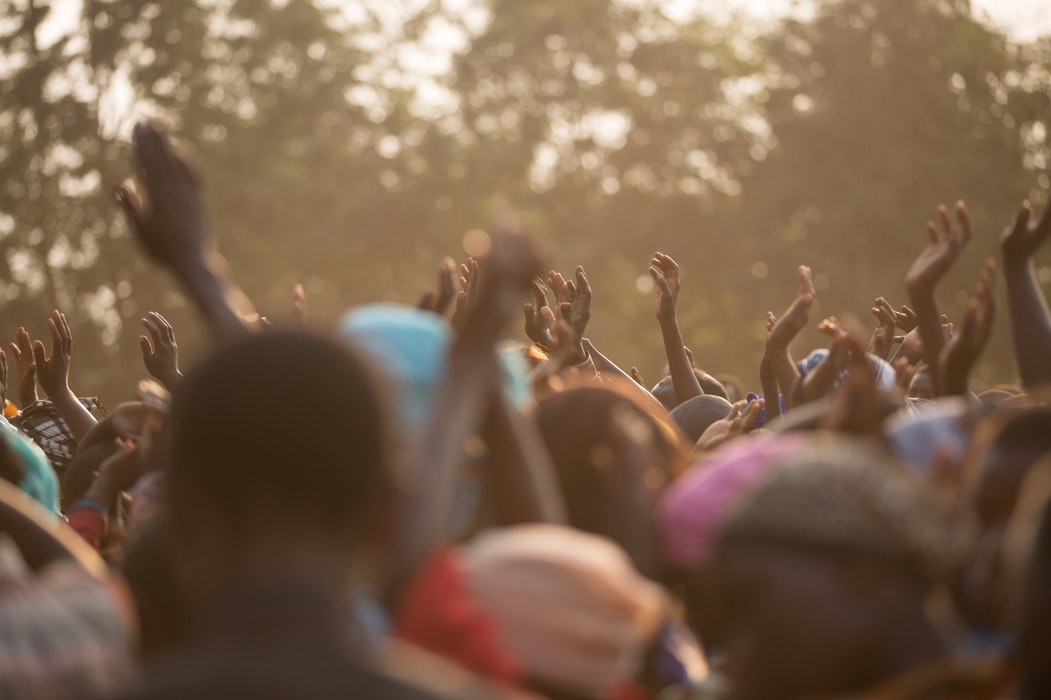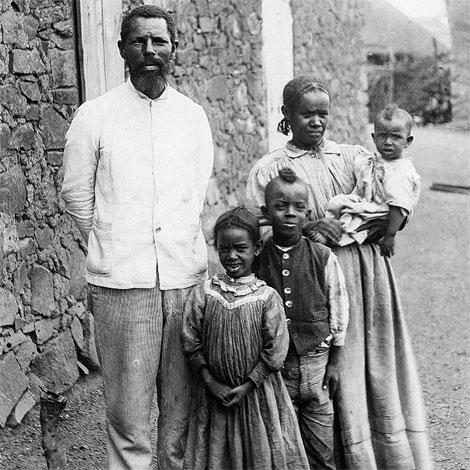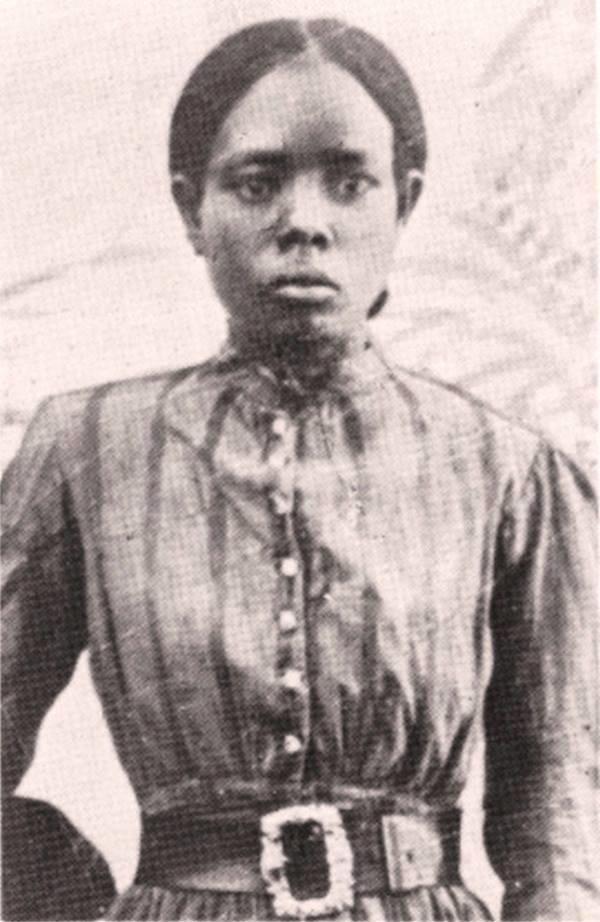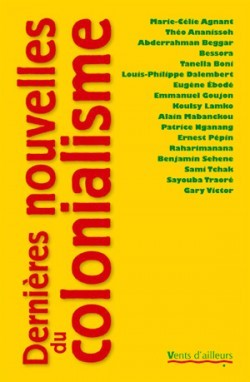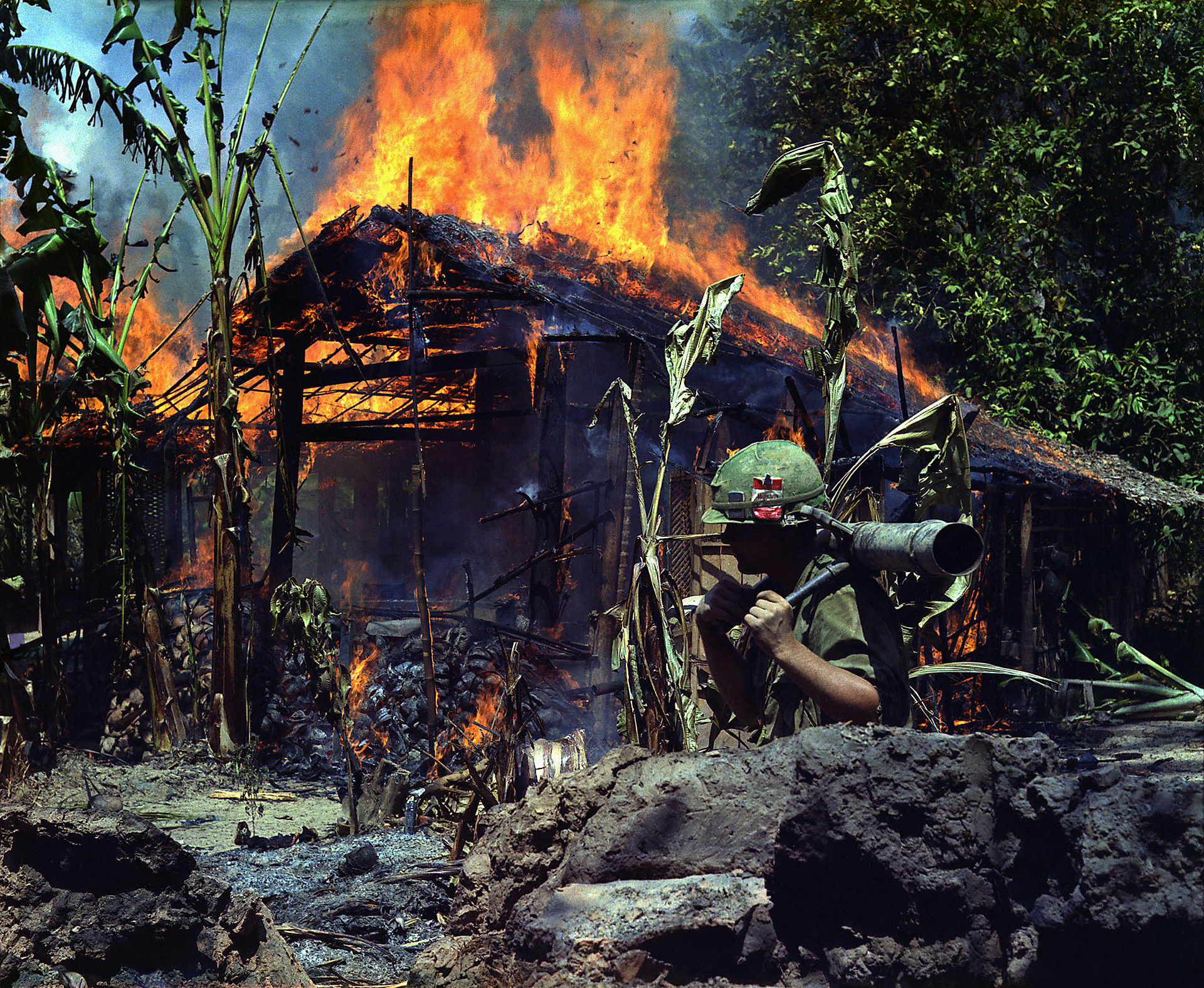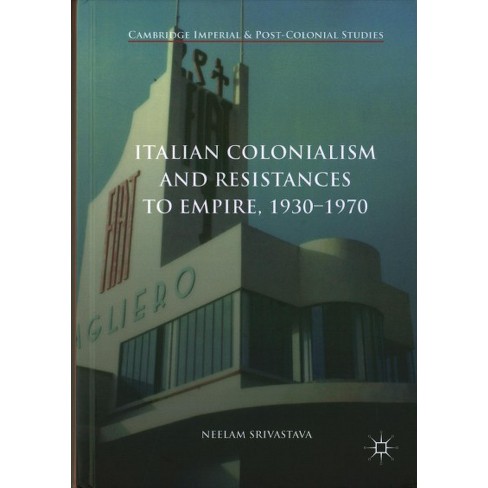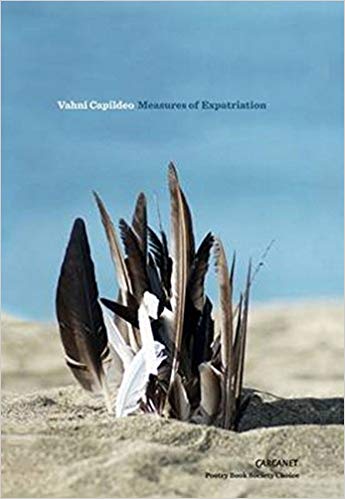Asoosama gabaabaa: A short story in Oromo
"I did not know it" tells the story of Ruufo Gurraachaa, a girl who survived the Surro massacre as a small child. Brought up by a perpetrator of the massacre and given in marriage to an old man who orchestrated the violence, Ruufo is unaware of her tragic past. Yet these secrets cannot stay hidden. As Ruufo discovers that her husband's past brutally connects with her own, she must decide whether or not to take revenge.


